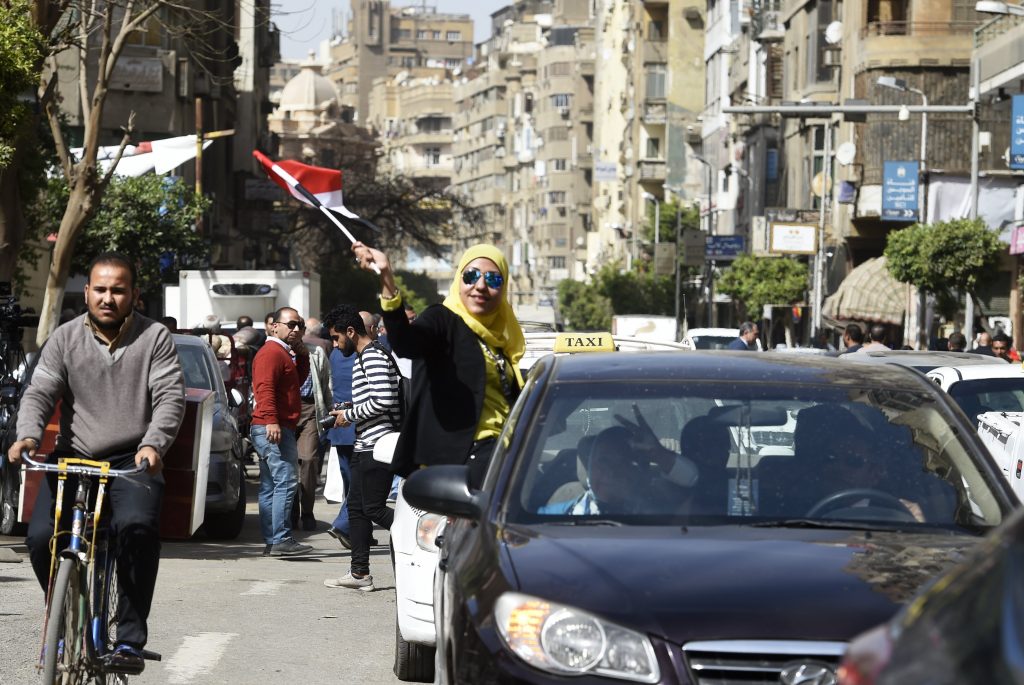São Paulo – Egypt has begun to reap the benefits of its economic reform program, according to Subir Lall, assistant director of the International Monetary Fund (IMF), who headed a staff mission to the Arab country between May 2 to 17.
“While the process has required sacrifices in the short-term, the reforms were critical to stabilize the economy and lay the foundation for strong and sustained growth that will improve living standards for all Egyptians,” said Lall. His assessment is at the preliminary report of the third review of the country’s reform program, which is supported by the IMF.
An agreement between the Fund and Egypt, signed at the end of 2016, established the disbursement of USD 12 billion throughout a three-year period – in return to measures to improve the local economic situation. The staff team that visited the country this week approved the disbursement of USD 2 billion, bringing total disbursements under the program to USD 8 billion. The latest disbursement is yet to be approved by the IMF’s Executive Board.
According to the report, the growth of the Egyptian economy has accelerated, and the current account deficit has declined, as a reflex of the recovery of tourism and strong growth of remittances. Investment inflow also benefitted from the improvement in investors’ confidence.
Foreign exchange reserves stood at USD 44 billion at the end of April, equal to 7 months of imports. “Annual headline inflation has declined from 33% in mid-2017 to around 13% in April, anchored by the well-calibrated monetary policy of the Central Bank Egypt (CBE),” states the report.
Lall says that Egypt is heading towards a primary surplus. According to him, the government is committed to take forward the reforms to energy subsidies and increase in revenues, via tax policy reforms. “This will help create fiscal space for important infrastructure projects, targeted social protection measures and essential spending on health and education,” it states.
The report highlights actions implemented by the government in the social area for the protection of those most vulnerable, such as the supply of school meals to children, the expansion of childcare centers and initiatives to increase the participation of women in the labor market.
Translated by Sérgio Kakitani




